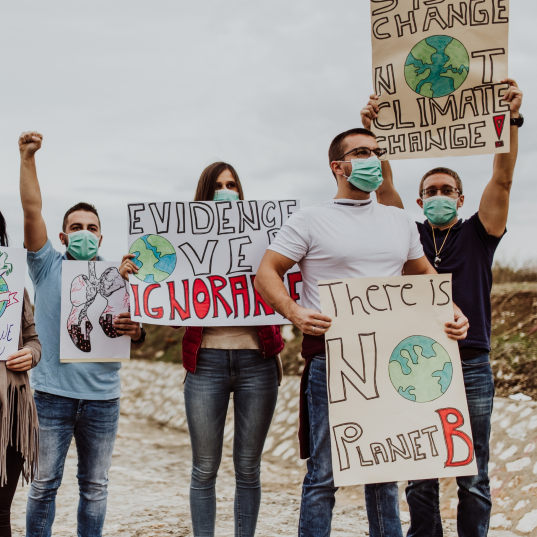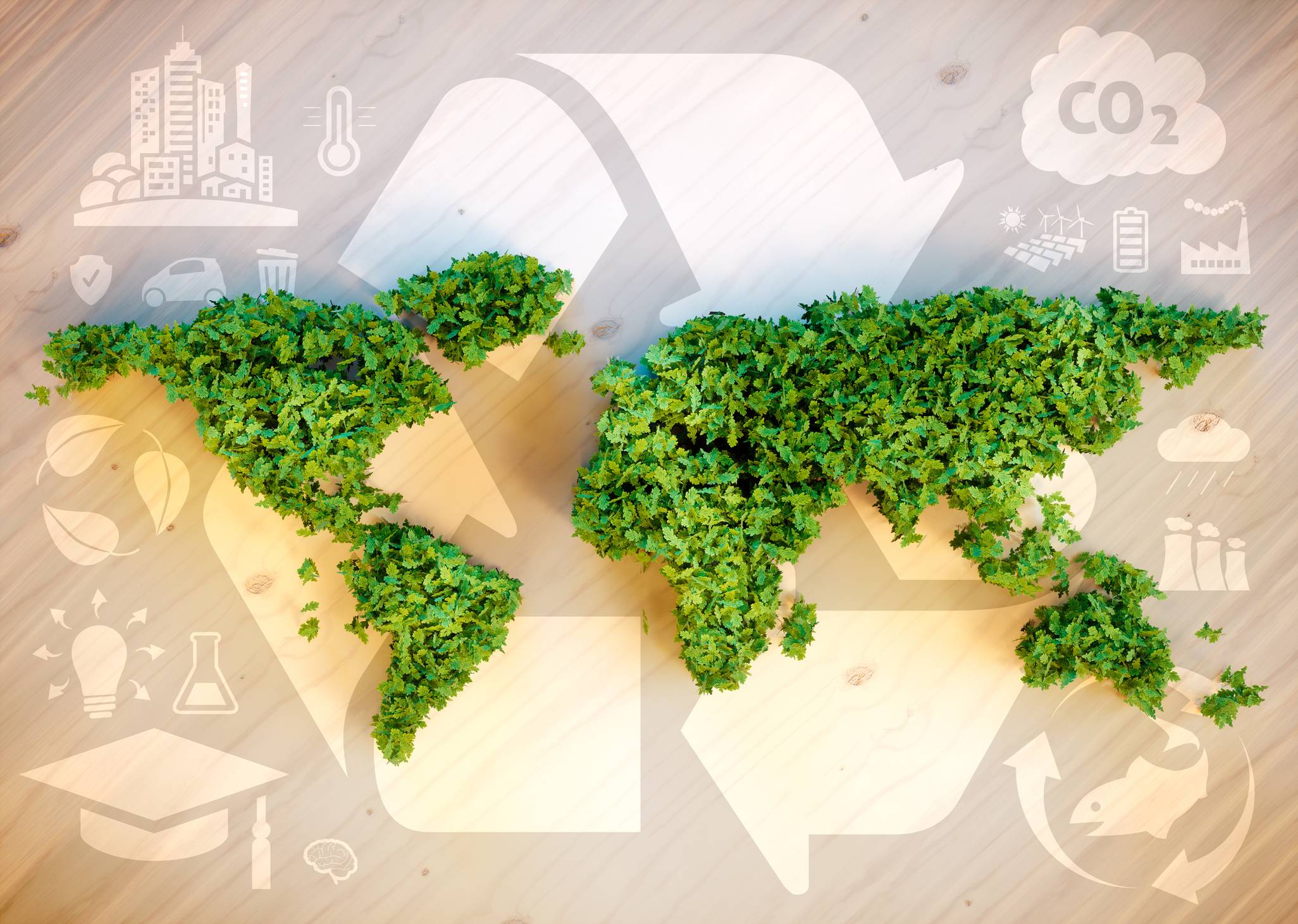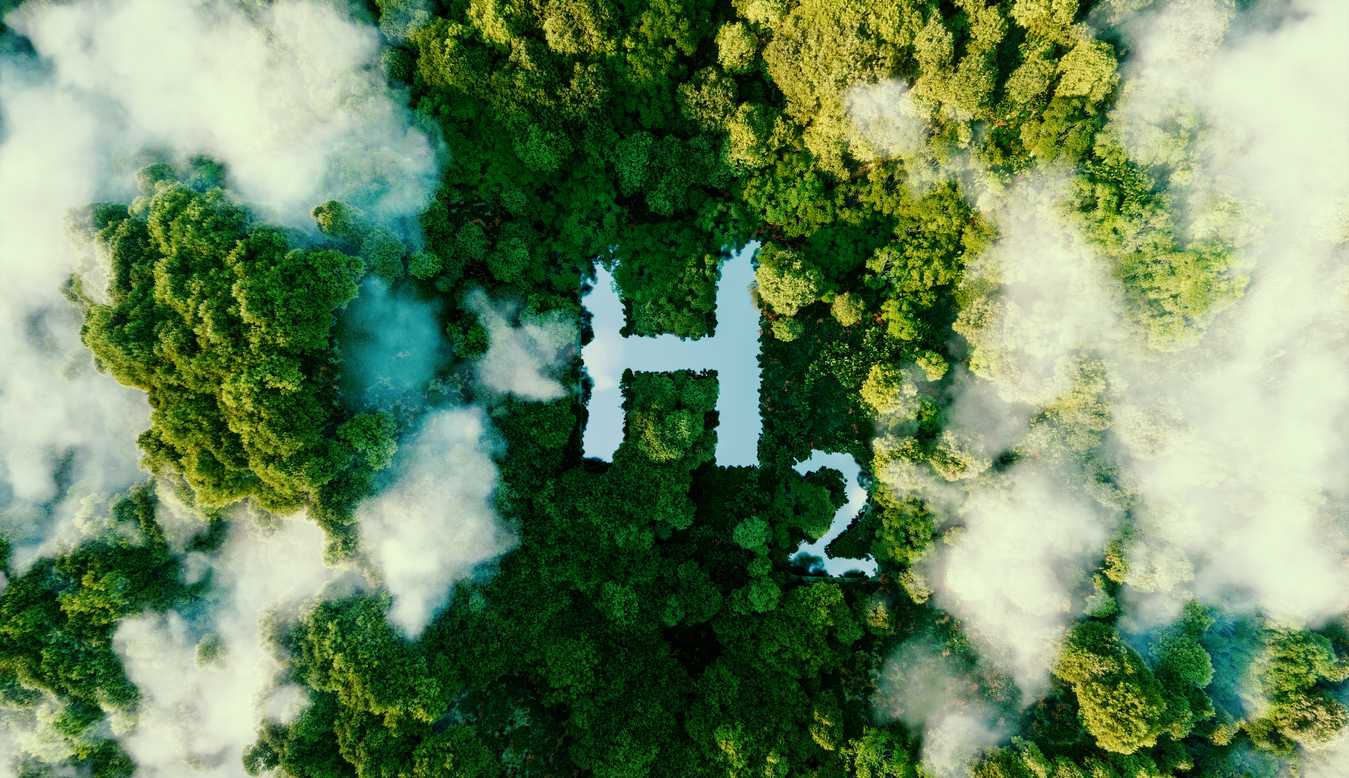Green philosophy: defending the planet for a sustainable future
Philosophy can help us to understand the relationship between human beings and nature with a view to defending the planet against climate change and advancing towards sustainable development
How sad to think that nature speaks and mankind doesn't listen". – Victor Hugo, French playwright, poet and novelist.
It may seem that climate change is only a matter of science, and that philosophy, as a subject and discipline, has little to do with the deterioration of ecosystems, the rise in temperatures or the loss of biodiversity. However, philosophy is responsible for the development of critical, reflective and analytical thinking with an ethical and moral approach, and thus provides us with resources to better understand the reality that we are now experiencing. We are talking about a green philosophy that will enable us to defend the planet against major threats such as climate change.
People often think that talking about philosophy involves discussions about the nature of existence, the soul, the meaning of life, good and evil, morality and so forth. All of which are essentially very abstract concepts. In actual fact, however, philosophy is the link that encourages dialogue between art, religion, science and society. Therefore, as a tool, it is the connection that can help us to understand the relationship between human beings and nature.
"Philosophy is the link that encourages the dialogue between art, religion, science and society. Therefore, as a tool, it is the connection that can help us to understand the relationship between human beings and nature".
Climate change is linked to this complex relationship. However, environmental awareness has been present in philosophical texts since long before emissions and global temperatures began to rise.
How was environmental awareness first introduced into our ethical system?
We could go back much further in time to ancient Greece, where Hippocrates wrote that in order to investigate medicine, it was necessary to take into consideration the seasons and the characteristics of the climate of each location, thus demonstrating how vital the environment is to the health of the living beings that inhabit it.
Yet this concept seems to lose its lustre the closer the path of history brings us to the modern era. Descartes, for example, considered nature to be a set of objects made available to human beings. The seventeenth-century philosopher had no regard for the environment, which he viewed from a purely utilitarian perspective, considering it as an infinite resource that humans could draw upon without qualms of any kind.
Fortunately, other viewpoints have since emerged, such as that of scientific ecology. In 1937, British botanist Arthur George Tansley proposed the term "ecosystem". This concept encompasses all the mutual interactions of the various different living species, and of all living organisms with the physical environment: soil, air, climate etc. Under the ideas of Tansley, human beings become part of nature as just one more component of the ecosystem.
 Environmentalism and philosophy
Environmentalism and philosophy
The term "ecology" was coined towards the end of 1860 by the German thinker Ernst Haeckel. "Ökologie", in the philosopher's native language, consists of two Greek words: oikos (meaning house or home) and logos (study). The term therefore means the "study of homes". For Haeckel, this branch of science revolved around the interaction of every living being with their environment—with their home.
Today, environmentalism is also understood as a political and philosophical concern in response to the deterioration of the environment caused by the socio-economic activity of human beings. It is a heterogeneous social movement that proposes reforms and promotes social awareness.
Environmental philosophy is the branch of thought that tackles the challenges of the 21st century. It covers different trends that all have the same objective in common: to defend the planet in order to safeguard the future.
The ideas it champions are related to the depletion of non-renewable resources and other harmful, permanent effects on the environment caused by human beings, as well as questions related to the value and sense of nature.
"Environmentalism can be understood as a political and philosophical concern in response to the deterioration of the environment".
Although its beginnings date back to the last century, it is the younger generations of today that seem to be most aligned with environmentalism and the green way of thinking, embodied by the fight against climate change and respect for the environment. In recent years, the members of Generation Z – those born from the mid-1990s onwards– have represented the majority present at climate demonstrations, led by activist Greta Thunberg who, despite her young age, has managed to place global warming at the heart of political and economic debates in a way that had never been seen before.
It is not by chance that it is the younger generation who is most sensitive to the environmental situation, because, after all, they will be the ones who will experience the worst effects if we do not work towards a sustainable development model.
Despite this, there is room for optimism. It must be acknowledged that we have begun a transition towards a society shaped decisively by ecological constraints. Institutions, businesses and civil society have implemented plans and measures to curb global warming. A prime example is the Paris Agreement, in which 196 parties undertook to limit the increase in global temperature to 1.5°C.
Because the fundamental issue is the future of humanity, it is a question of conceiving contemporary social life by integrating into it the concern for the sustainability of the system in the very long term.
These environmental concerns must be compatible with social development and a level of economic growth that generates equitable wealth. The principle of responsibility for future generations and the principle of solidarity of all towards all are essential for creating a sustainable development model. Green philosophy can pave the way towards the new sustainable horizon that we need as a society.







